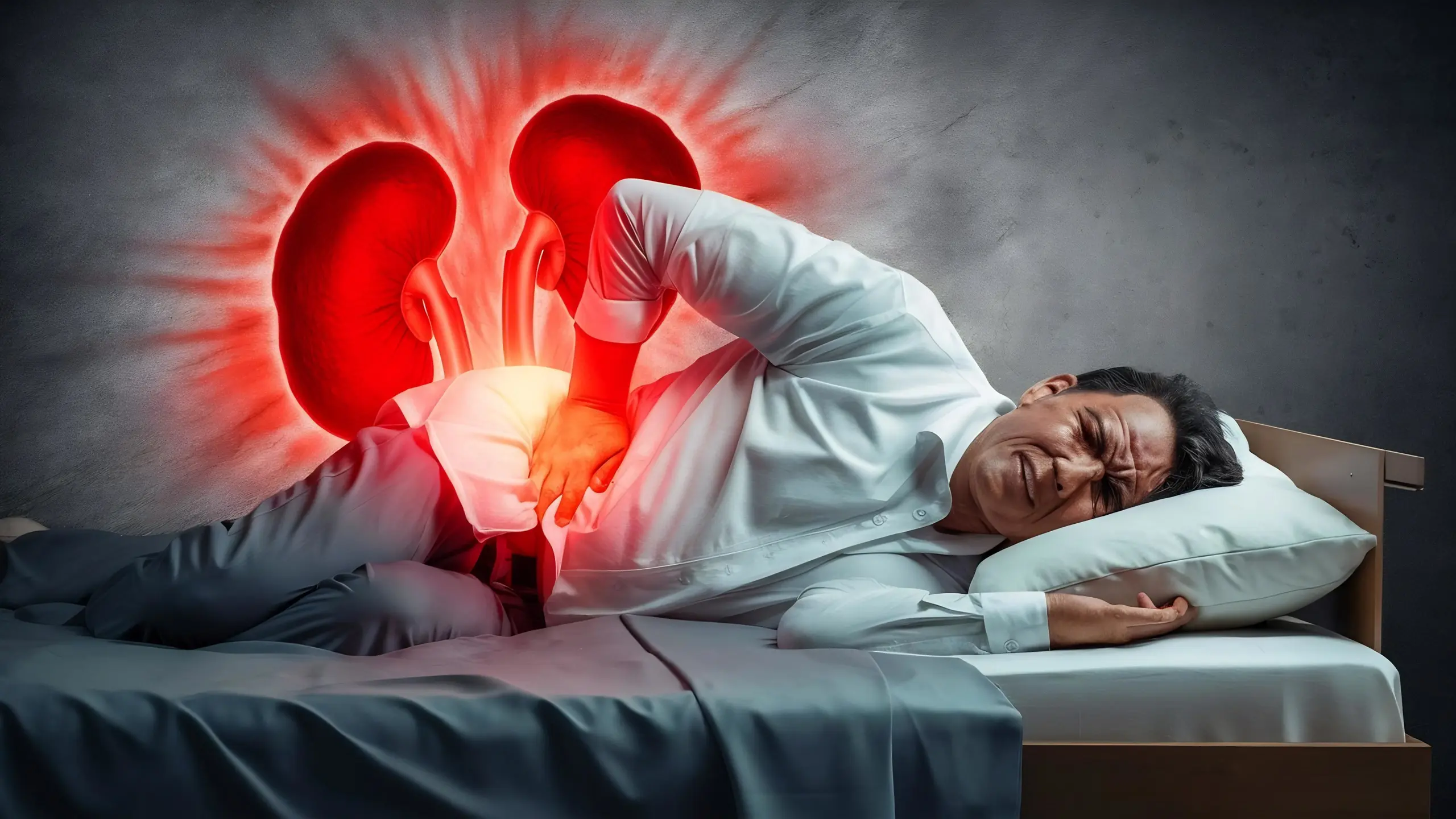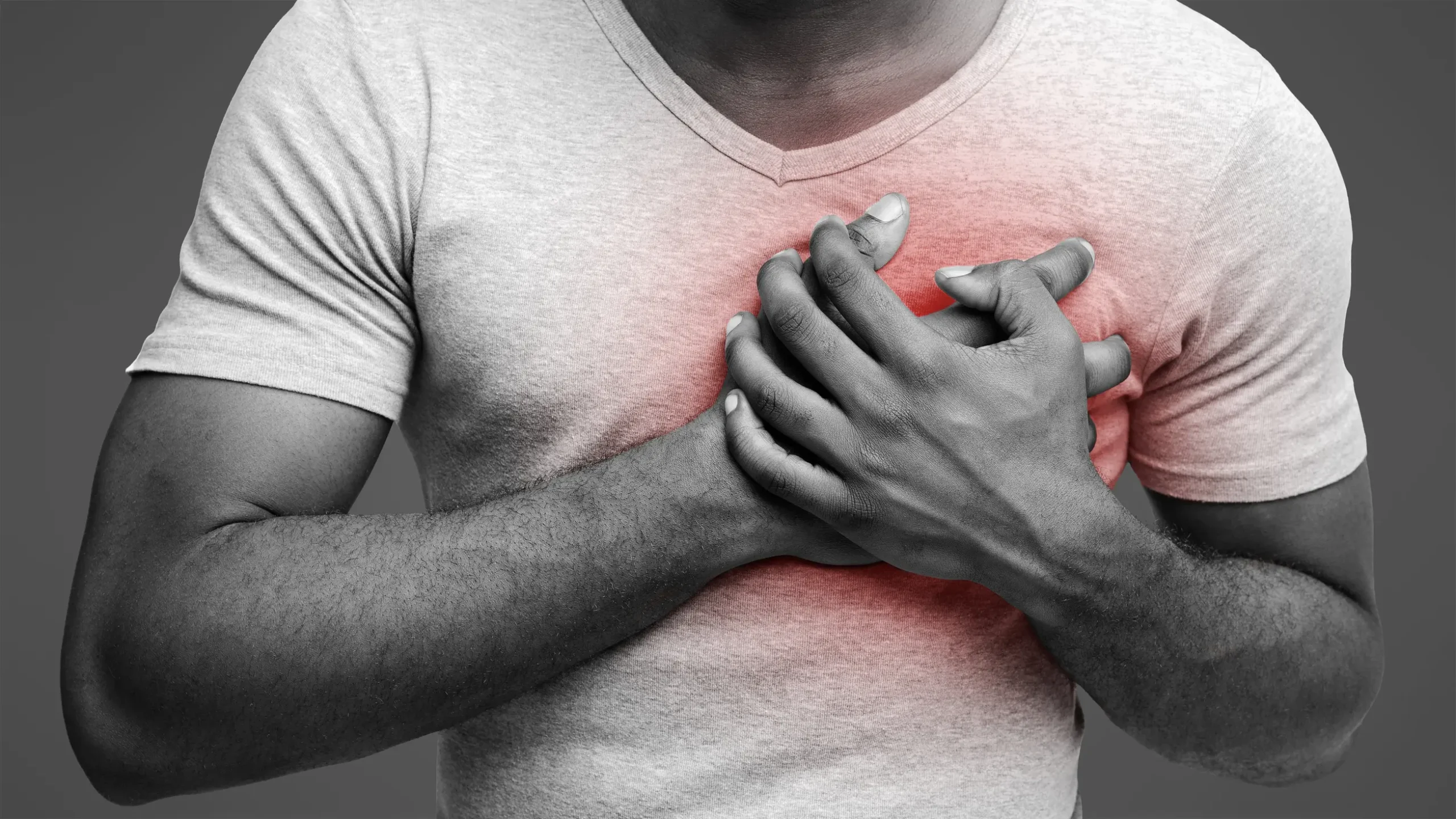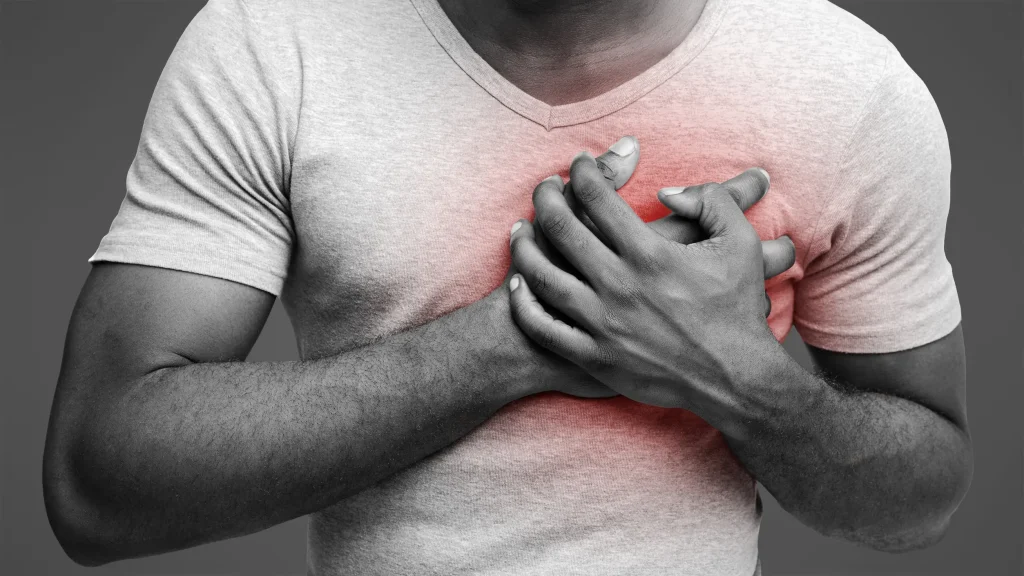Kidney stones are a common urological problem affecting people of all ages. If you or a loved one has been diagnosed with a 7mm kidney stone, it’s natural to feel concerned. But is a 7mm kidney stone dangerous? The answer depends on several factors including its location, symptoms, and whether it’s causing complications.
In this detailed guide from Kolekar Hospital, we explain everything you need to know about 7mm kidney stones their risks, symptoms, diagnosis, treatment options, and when to seek urgent medical help.
What Is a Kidney Stone?
Kidney stones are hard deposits made of minerals and salts that form inside your kidneys. They can vary in size—from as small as a grain of sand to several centimeters in diameter.
Common Causes of Kidney Stones:
- Low fluid intake (dehydration)
- High intake of oxalate-rich foods (spinach, nuts, chocolate)
- High sodium or protein diet
- Obesity
- Certain medical conditions (hyperparathyroidism, UTIs)
- Family history of kidney stones
Is a 7mm Kidney Stone Dangerous?
Yes, a 7mm kidney stone can be dangerous if not managed properly. Stones larger than 5mm are considered moderate to large and may not pass naturally. A 7mm stone is unlikely to pass on its own and often requires medical or surgical intervention.
Why a 7mm Kidney Stone Can Be Dangerous:
| Factor | Risk |
| Size | Too large to pass through ureter without assistance |
| Location | Can block urine flow if stuck in the ureter |
| Pain | Severe flank pain due to blockage or inflammation |
| Infection | Risk of kidney or urinary tract infection |
| Hydronephrosis | Swelling of the kidney due to blocked urine |
| Kidney damage | Prolonged obstruction can damage kidney function |
Symptoms of a 7mm Kidney Stone
While some kidney stones remain asymptomatic, a 7mm stone is more likely to cause noticeable and painful symptoms, especially if it obstructs the urinary tract.
Common Symptoms:
- Severe back or flank pain, often radiating to the groin
- Nausea and vomiting
- Pain during urination
- Frequent urge to urinate
- Blood in urine (hematuria)
- Foul-smelling or cloudy urine
- Fever and chills (indicating infection)
Can a 7mm Kidney Stone Pass Naturally?
It is rare for a 7mm stone to pass without medical intervention. The chances of spontaneous passage decrease significantly for stones above 5mm.
| Stone Size | Chance of Natural Passage |
| Less than 4mm | 80% or higher |
| 4-6mm | 50-60% |
| 6-8mm | 20-30% |
| Over 8mm | Rarely pass without treatment |
A 7mm kidney stone is likely to get stuck in the ureter, causing obstruction and complications. Hence, timely medical management is crucial.
Diagnosis of a 7mm Kidney Stone
If you’re experiencing symptoms, a urologist at Kolekar Hospital may recommend the following diagnostic tests:
Common Diagnostic Tests:
- Ultrasound of the abdomen and pelvis
- Non-contrast CT scan (gold standard)
- X-ray (KUB)
- Urinalysis (to detect blood, infection, or crystals)
- Blood tests (to evaluate kidney function and detect infection)
Treatment Options for a 7mm Kidney Stone
At Kolekar Hospital, we offer a range of advanced and minimally invasive treatments for kidney stones based on the stone’s size, location, symptoms, and overall health of the patient.
1. Medical Management
- Alpha-blockers (e.g., Tamsulosin) may be prescribed to relax the ureter and facilitate passage.
- Adequate hydration and pain relief medications are essential.
- This is generally attempted only if the stone is in the lower ureter and the patient is stable.
Limitations: Medical management is often not effective for a 7mm stone due to its size.
2. Extracorporeal Shock Wave Lithotripsy (ESWL)
What It Is: A non-invasive treatment that uses sound waves to break the stone into smaller fragments.
Best For: Stones in the kidney or upper ureter.
Limitations:
- May require multiple sessions
- Less effective for hard or lower ureteric stones
3. Ureteroscopy (URS)
What It Is: A thin scope is passed through the urethra and bladder into the ureter to directly visualize and remove or fragment the stone using a laser.
Best For: Stones located in the middle or lower ureter.
Benefits:
- Minimally invasive
- High success rate
- Can be done as day-care surgery
4. Percutaneous Nephrolithotomy (PCNL)
What It Is: A small incision is made in the back to access the kidney directly and remove the stone.
Best For:
- Very large or complex kidney stones
- Stones causing severe blockage or infection
Consideration: Invasive but highly effective when other methods fail.
Risks of Leaving a 7mm Kidney Stone Untreated
Ignoring or delaying treatment for a 7mm kidney stone can lead to serious complications, including:
- Recurrent infections
- Hydronephrosis (kidney swelling)
- Permanent kidney damage
- Urosepsis (a life-threatening infection)
- Chronic pain and urinary problems
When to Seek Immediate Medical Help
You should consult a urologist immediately if you experience:
- Fever with chills (sign of infection)
- Persistent nausea and vomiting
- Severe pain unrelieved by medication
- Inability to urinate
- Blood in urine
- Decreased urine output
Emergency care is essential to prevent long-term kidney damage.
Preventing Kidney Stones After Treatment
Once treated, it’s important to prevent future stones through lifestyle modifications and follow-up care.
Prevention Tips:
- Drink at least 2.5 to 3 liters of water daily
- Limit sodium and animal protein intake
- Avoid foods high in oxalates (nuts, spinach, beets)
- Reduce sugar and cola consumption
- Maintain a healthy weight
- Follow your doctor’s dietary advice
- Regular check-ups and urine analysis as advised
Why Choose Kolekar Hospital for Kidney Stone Treatment?
At Kolekar Hospital, we understand how distressing kidney stones can be. Our team of expert urologists, advanced diagnostic tools, and state-of-the-art surgical facilities ensure that you receive the best possible care for your kidney stone problem.
Our Highlights:
- Experienced Urologists & Nephrologists
- Advanced Lithotripsy & Laser Surgery
- Minimally Invasive Techniques (URS, PCNL)
- Personalized Treatment Plans
- Comprehensive Post-Treatment Follow-Up
Frequently Asked Questions (FAQs)
Q1: Can a 7mm kidney stone cause kidney failure?
If left untreated, a 7mm stone can lead to obstruction, infection, and kidney damage. While it won’t directly cause kidney failure in most cases, complications can escalate if ignored.
Q2: Is surgery the only option for a 7mm stone?
Not always. If the stone is in a favorable location and symptoms are mild, medications may be tried first. However, surgery is often required.
Q3: How long does it take to recover after kidney stone surgery?
Recovery depends on the procedure. Most minimally invasive procedures like URS have short recovery times (2–5 days).
Q4: Can diet dissolve a 7mm kidney stone?
No. Once formed, a 7mm stone cannot be dissolved with diet. Diet helps in preventing future stones.
Q5: Will I get kidney stones again?
There is a risk of recurrence. Preventive lifestyle and dietary measures, along with regular follow-ups, are essential.
Conclusion
So, is a 7mm kidney stone dangerous? The answer is yes—especially if it causes urinary obstruction, pain, or infection. While small stones may pass on their own, a 7mm stone typically requires medical or surgical intervention. Early diagnosis and timely treatment are key to preventing serious complications.
If you or your loved one is experiencing symptoms or has been diagnosed with a 7mm kidney stone, don’t wait. Visit Kolekar Hospital and let our urology team provide the care you deserve.
Book an Appointment Today
For expert evaluation and safe removal of your kidney stone, visit Kolekar Hospital. Our urology specialists are here to help you recover quickly and live pain-free.
![]()




